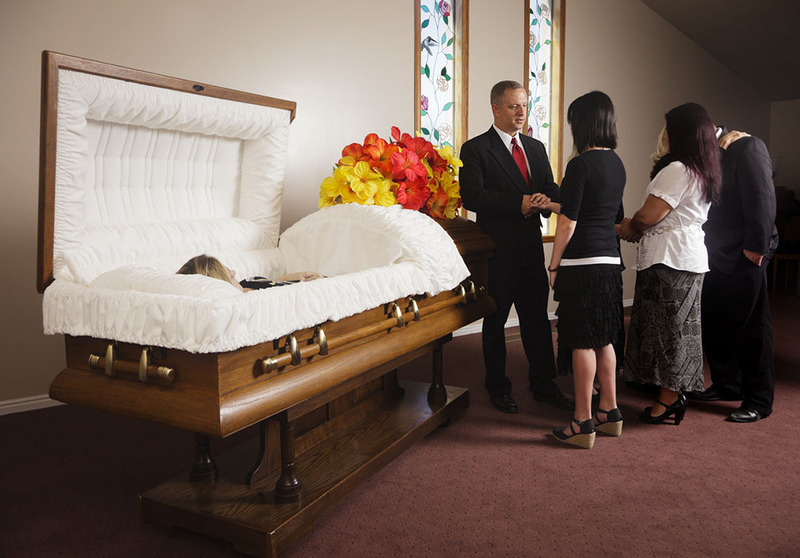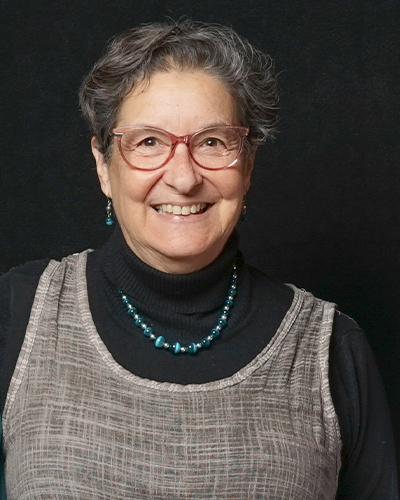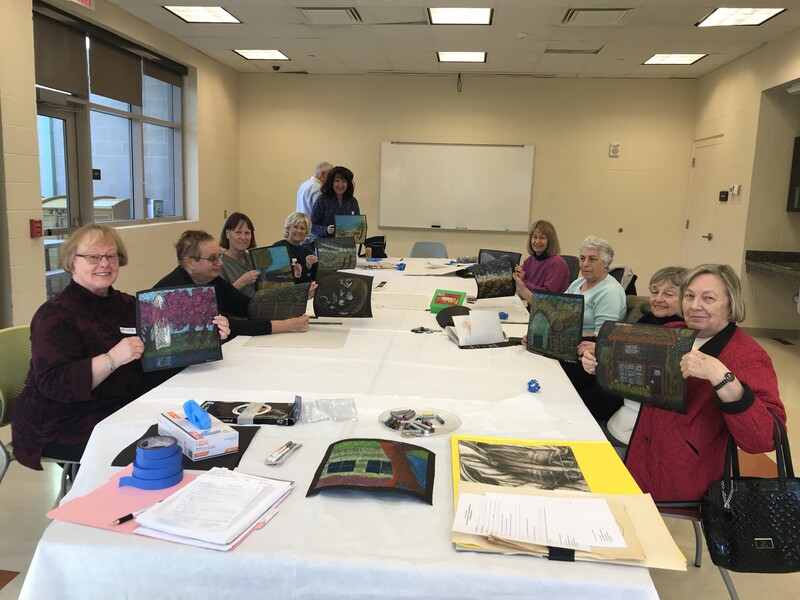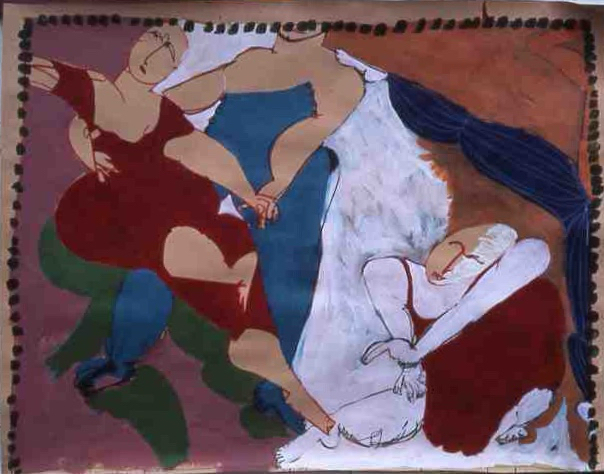AMERICAN WEDDINGS BLOG
Stay up to date with the latest wedding ceremony trends, script writing inspiration, tips and advice for first-time officiants, and news that matters to couples and wedding ministers.
Stay up to date with the latest wedding ceremony trends, script writing inspiration, tips and advice for first-time officiants, and news that matters to couples and wedding ministers.
Published Wednesday, Mar. 6th, 2024

First-time funeral and memorial officiants sometimes find it overwhelming to talk with grieving friends and relatives while planning a service.
For example, grieving loved ones might experience unexpected moments of anger, sadness, or frustration, which can be difficult for new officiants to navigate. First-time officiants might worry about saying the wrong thing, or simply want to say the right thing when it matters most.
Then there’s the matter of deciding which words and phrases to use when talking about death…
Has their loved one ‘passed on,’ ‘passed away,’ ‘gone to Heaven,’ or ‘kicked the bucket’? Are they ‘in a better place,’ or are they ‘pushing up daisies’? Did they ‘give up the ghost,’ or are they, well, just dead?
Because death isn’t a subject that most people spend a lot of time talking about (and sometimes go to great lengths to avoid thinking about), even the best officiants can need help choosing the right words at first.
Practice & preparation are the key
To help you get started, AMM reached out to expert Patricia Dubroof, a professional artist, creative aging specialist, Death Cafe facilitator, and the Director of Community Relations for Assisting Hands Home Care in Potomac, Maryland.
Patricia works closely with senior communities and caregivers for aging families, and has over 30 years of experience talking about aging, end-of-life care, death, and dying. As a co-facilitator for the East Rockville Death Cafe, she hosts a monthly virtual gathering that gives guests from all over the country an opportunity to talk about death and dying in a candid, curious, and positive way.
How to talk about death comes up “a lot,” Patricia says, “in Death Cafe, and among clients and family members… In [my] field, I have seen many, many people pass away, many people die. And that, you know, makes it more accessible. The more you do something, the more accessible [it becomes.]”
The advice below will help you access and practice your officiant skills, communicate with compassion, meet families and friends where they are in the grieving process, and invite them into the ceremony creation process.

Above: A funeral officiant greets family and friends during a viewing, before the funeral ceremony begins.
Avoid asking ‘closed’ yes or no questions when you meet with the family of the deceased to plan the ceremony. Open-ended questions will help you learn more about the deceased and their life, and may even reveal details you wouldn’t have thought to ask about — which will help you write a better ceremony.
Examples of open-ended questions and prompts you might use:
Patricia says, “Ask questions that aren’t yes and no, but ‘Tell me the story.’
That would be the first thing I'd say, ‘Tell me about your dad.’ ‘Tell me about George.’ ‘Tell me about your sister.’ You know, ‘Tell me about this person who's just died’…
Maybe the officiant knows one family member [of the deceased,] and that's how you got the referral, but you don't really know about the deceased. So, ‘Tell me the story.’ And then listen intensely.”
2. Listen carefully, intently, and with an open mind
Listening might be your most valuable skill as an officiant. Really listening, with intention, care, and an open mind.
You’ll learn a lot about how to communicate with a family by listening for the stories they choose to share with you, the tone and language they use, and how they describe the deceased.
Remember that family dynamics can be challenging, and that these difficulties can be very apparent at the end of life as multiple generations gather together. As an officiant, it’s important to meet grieving loved ones wherever they are emotionally, to be fully present with them, without any assumptions about how they might feel or what they might be experiencing. Instead of assuming, listen.
Patricia says, “You have to learn how to listen, that would be my first advice. Listen carefully to what your grieving family is saying.
Are they saying ‘death,’ or are they saying ‘passed away’? Are they saying, you know, ‘Nobody liked him, he was a difficult person’? Or are they saying he was a lovely, loving, kind person?
I mean, you really have to listen to the family. I think that would be the number one… Just listening to how that family connects. And it may be that the kids speak differently than the adults, and the grandparents. I mean, you get multiple generations in a funeral situation.”

Cultivate strong listening skills: The ability to listen intently and with an open mind is one of your most valuable skills as a funeral officiant or celebrant.
3. Ask which words they want you to use (or not use) when talking about death
Take your cue from friends and family when deciding which words to use or not use when talking about the deceased — ask them in a gentle but direct way if it’s ok to use words like ‘dead’ or ‘died,’ or if they prefer softer language like ‘passed on’ or ‘passed away.’
These questions can also give you insight into the deceased’s views on spirituality and an afterlife, which can help you create a personalized service.
Patricia says, “If they're not saying the word death, you can maybe help them out a little bit by saying, ‘How do you feel about me saying that she died? What does that mean to you?’ Ask if they’ve thought about how they want that to be said.”
The family might respond by saying, “‘Oh, we never use that word,’ or, ‘Oh, I'm okay with that,” and then you’ll know the best wording to use during the ceremony.
4. Ask what name or title to call the deceased during the ceremony
Ask the family how they want you to refer to the deceased in the ceremony. Using a specific name, title, or nickname can shift the tone and level of formality of the ceremony, and create more connection (or more distance) for guests.
For example, does the family want you to refer to them by a professional title, like ‘Doctor’ or ‘Professor,’ by an affectionate title like ‘Dad’ or ‘Mother Sarah,’ by their first name, or something else?
Patricia suggests asking something along the lines of, “Do you want me to use the title ‘Dr. Marsha Jones,’ throughout the service, or should I drop off the ‘Doctor’ and just call her Marsha? Or should I call her ‘Mother Jones’?”

You may want to make an audio recording of your first meeting with the grieving family and friends, with their permission. This recording can help you write a personalized funeral or memorial service script, and makes a priceless gift for loved ones following the ceremony.
5. Record the first meeting
If you have the family’s permission, make an audio recording of your first meeting with them. This audio recording will provide easy access to details and stories about the deceased, which you can reference later while writing the ceremony script.
The recording can also be a priceless gift for family and friends, and is one of the most valuable services an officiant can offer. After the ceremony, you can give the recording to the family as a one-of-a-kind keepsake, filled with their memories, anecdotes, and stories about their loved one in their own words. As time passes and their memories fade, this service may prove to be even more meaningful to them.
Patricia says, “These days, I would record it, [that first meeting]. Because these family members are going to want that recording later. And you're going to want it to write your ceremony. It would be a service to the family to record that conversation…
So, during that initial conversation, when the kids gather around and the officiant is there, and they're meeting them for the first time, say, ‘Before we start, do you mind if I record this session? It's only for me to make sure I take the right notes and say the right thing, and I can make a copy of this recording available to you.”
6. Include family and friends in choosing creative elements or rituals for the ceremony
In many cases, officiants can include the deceased’s family and friends in the creative aspects of planning the funeral ceremony, celebration of life, or memorial service. This suggestion should be taken on a ‘case by case’ basis, however, as it depends on the emotional capacity of the grieving parties. Some family members and friends won't be ready to participate in this way, and that's ok.
If they are ready to collaborate, ask friends and family about the deceased’s favorite types of creative expression — What type of music did they like? What scents and smells did they enjoy? Did they have a favorite visual artist, author, or poet?
All of these creative elements (and many others) can be incorporated into the ceremony to honor the deceased in a personal way, through music selection, readings, aromatherapy elements, and more.
Patricia calls the concept ‘creativity forward,’ bringing creative expression to the forefront of planning the memorial service or funeral ceremony.
Patricia says, “What [brought] a family member joy? Is it reading a book, listening to music, smelling brownies baking, fresh cookies... Whatever it is that brings that family member joy, connect with that…
I would start with music. It’s really deeply ingrained. I would say, ask the family, ‘What’s the music that would make everybody in the room remember George best? Is it Leonard Skinner, or is it Bach?’
My nephew made a beautiful playlist for his dad's funeral, who died of early onset Alzheimer's. He had been a big rock and roll fan, and had gone to lots of concerts. So my nephew made the best playlist on Spotify, and it was awesome — we were dancing.”
...
 About the Expert:
About the Expert:
“Patricia Dubroof is the Director of Community Relations for Assisting Hands Home Care. She creates partnerships with our senior communities to share educational and creative tools about the important role caregivers have in our family’s lives. She connects with our families as they enter the caregiver world, listening carefully to their stories and finding solutions to their caregiving needs. Patricia facilitates several programs: Death Cafe, Book Events, What’s Your Plan, and others. Patricia represents Assisting Hands as an active member of the Rockville Chamber of Commerce, Greater Bethesda Chamber of Commerce, GROWS, and the Senior Services Alliance.
Patricia Dubroof joined Assisting Hands in March of 2019. She has over 35 years of
experience in caring for seniors through creativity and coaching. She developed
arts and healing programs at the Hebrew Home of Greater Washington, Iona Senior Service, Washington DC Veterans Medical Center, and many other local and national organizations.
Patricia is the founder of Women Leaders in Elder World. We are a group of caring and experienced professionals from a wide variety of disciplines eager to help you and your loved ones find the best solutions and resources.”

Above: A painting workshop led by Patricia
In addition to her work with others, Patricia is a professional visual artist. Her work is colorful, intuitive, and effortlessly expressive. She is the recipient of a 2023 Creativity Grant from the Maryland State Arts Council, and a community artist volunteer with the Rockville Cultural Arts Commission, Rockville Art League, Rockville Chamber of Commerce, F. Scott Fitzgerald Literary Festival, and other organizations.
Patricia’s current project, ‘Who Cares?’, combines painted portraits and audio recordings to tell the important and often overlooked stories of caregivers. The series has been in the making for nearly 35 years, and features 50 colorful paintings of caregivers. With the help of a grant from the Maryland State Arts Council, Patricia started the ‘Who Cares?’ podcast, and each portrait is now paired with a recorded episode and caregiver story.
Caregivers always seemed to be “hidden behind curtains, invisible curtains,” she says, recalling her years working in nursing homes and assisted living facilities. “I wanted their stories to come to the forefront.”
See Patricia Dubroof's artwork here: www.pdubroof.com
Connect on Instagram: @patricia_dubroof
...
Patricia Dubroof In the News:

Above (cropped): Four Figures, by Patricia Dubroof, Acrylic on Paper, 9'x7'
Read Next:
Become a Wedding Officiant with Our Free Online Ordination!